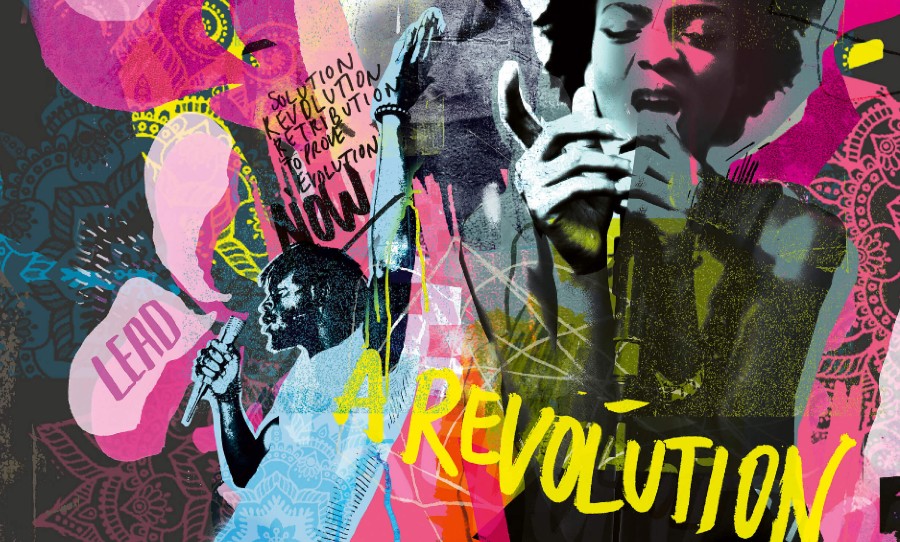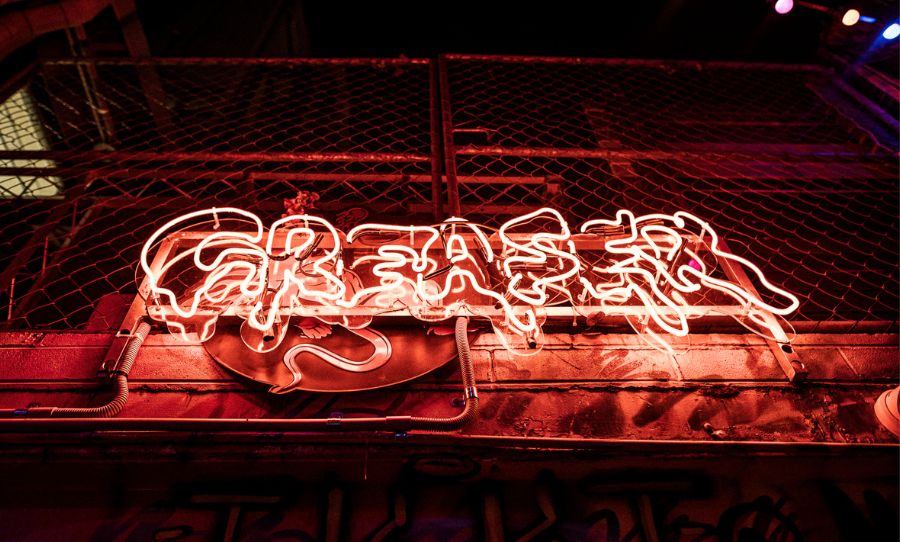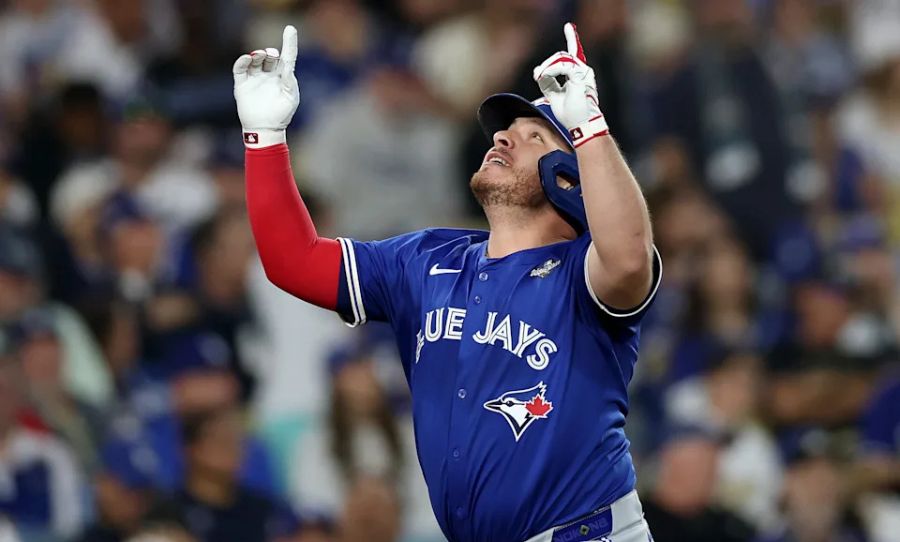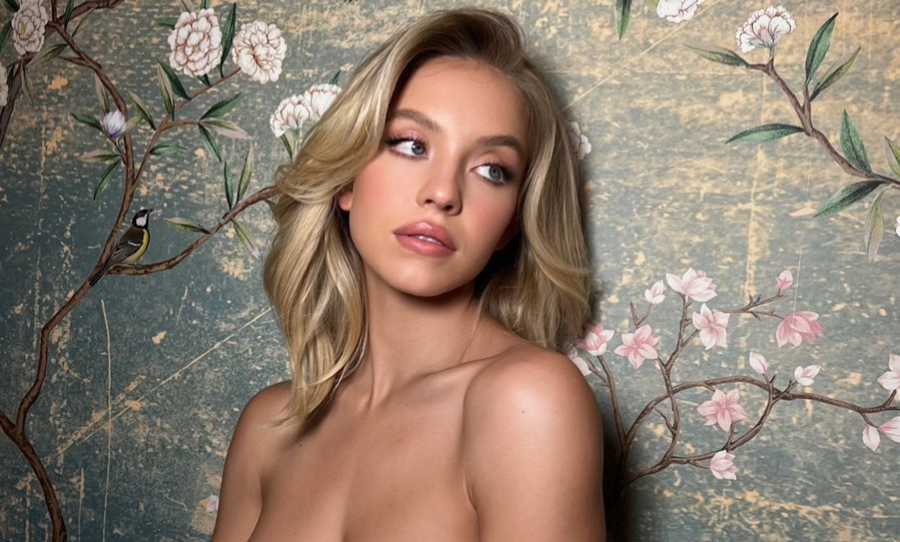Slam poetry is a beautiful art form that combines the world-building flair of literature with the emotive drama of performance.
Unlike written poetry, slam poetry is written specifically created to be spoken and performed. With heavy hip-hop (after all, legend says that rap stands for “rhythm and poetry”) and Beat influences, it is often credited with democratising poetry and allowing a more diverse range of performers to engage with the art form.
Additionally, audience participation at slams can also be wildly raucous. The nature of the performance — with its focus on the relationship between meaning and sensory audible experience — this type of interplay between listener and performer becomes undeniable and often heightens the thrill of watching a competition. In fact, the name “slam” is attributed to the art form not just because of the energetic nature of the performance, but because of the audience’s ability to “praise, or destroy a poem.”
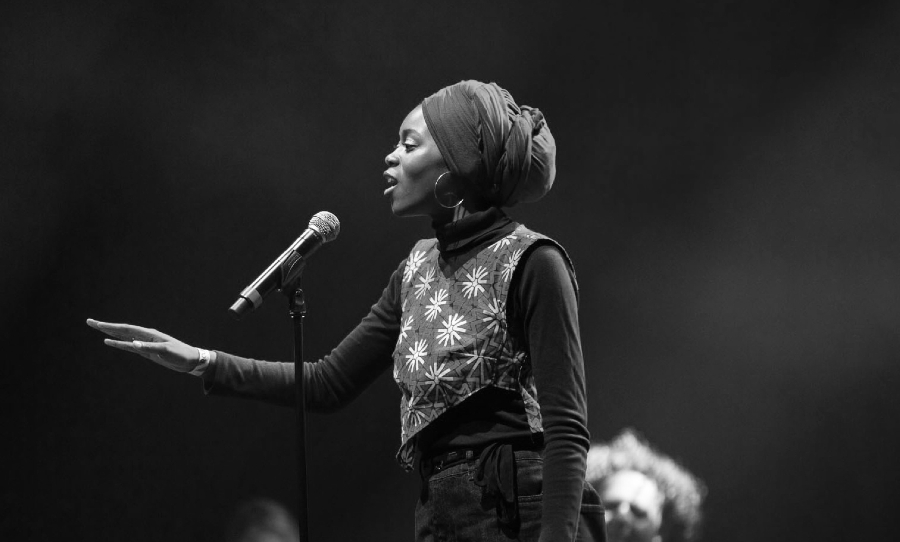
History
According to most academics, the birth of the art form is generally credited to American poet Marc Smith in the 1980s, who felt “that poetry readings and poetry in general had lost their true passion, had an idea to bring poetry back to the people.”
His solution was a weekly poetry slam that was open to everyone and determined a judging panel through the selection of five random audience members. Unlike performance poetry — which interestingly emerged in the ’80s as well — both Smith’s original vision, as well as the modern format, strictly forbid the use of any aids to the performance (think props, music, costumes, etc.) and by nature of their competitive style, generally, enforce a strict time limit.
While poetry slams began in Smith’s hometown of Chicago, their popularity grew exponentially and resulted in hundreds of similar events — and eventually, national poetry slams — both in America and around the world.
The winner of the National Poetry Slam 2021 is Bintou Sanneh (middle), 1st runner up Adama Mboge ( right) and 2nd runner up Amie Sohna ( left).
Congratulations 🎊😍 pic.twitter.com/xI1JbsdOv3
— Poetry Slam Gambia (@poetryslamGMB) October 25, 2021
This performance still reminds us that being our real and honest selves is what matters the most. Thank you @sritianne @BrutIndia 💛 https://t.co/jBHxcQybVE
— Spoken Fest (@spokenfest) January 12, 2021
Even Happy’s hometown of Australia houses one of the most celebrated and extensive slam programs in the world! As well as the national competition (Australian Poetry Slam), the same organizers (Word Travels) run events like Multilingual Poetry Slam and Australian Poetry Slam Youth.
2017 – Australian Poetry Slam, National Winner (Solli Raphael)
2018 – Australian Poetry Slam, Victoria Runner Up (Abe Nouk)
2018 – Australian Poetry Slam, National Winner (Melanie Mununggurr-Williams)
2019 – Australian Poetry Slam, Victoria Winner (Zaynab Farah)
Criticism
For all of its successes in the past few decades, the art form has had just as many critics. Historically, different sections of the academic literary community have decried poetry slams as marking the end of poetry; literary critic Harold Bloom went so far as to call them “the death of art” in an interview with the Paris Review. A 2013 article published by the Independent was similar in sentiment, where it described the writer’s experience of attending poetry slams as “very little to do with poetry and everything to do with a Darwinian death match where the audience picks the winner like some blood-crazed Circus Maximus mob.”
Interestingly enough, the politicisation of poetry — while nothing new — hasn’t necessarily seemed to have had an effect on the relationship between academia and slam poets. Poets who have competed at national-level poetry slam events have gone on to win literary endowments (Cristin O’Keefe Aptowicz, 2011 NEA Fellowship in Poetry), become academics (Bob Holman, NYU; Columbia; the New School), or critically-acclaimed authors (Omar Musa, Killernova), and even win the Pulitzer Prize for Poetry (Tyehimba Jess).
Whichever side of the debate you’re on, by looking at the powerful influence it has had on literary culture across the globe, it looks like slam poetry is here to stay.
